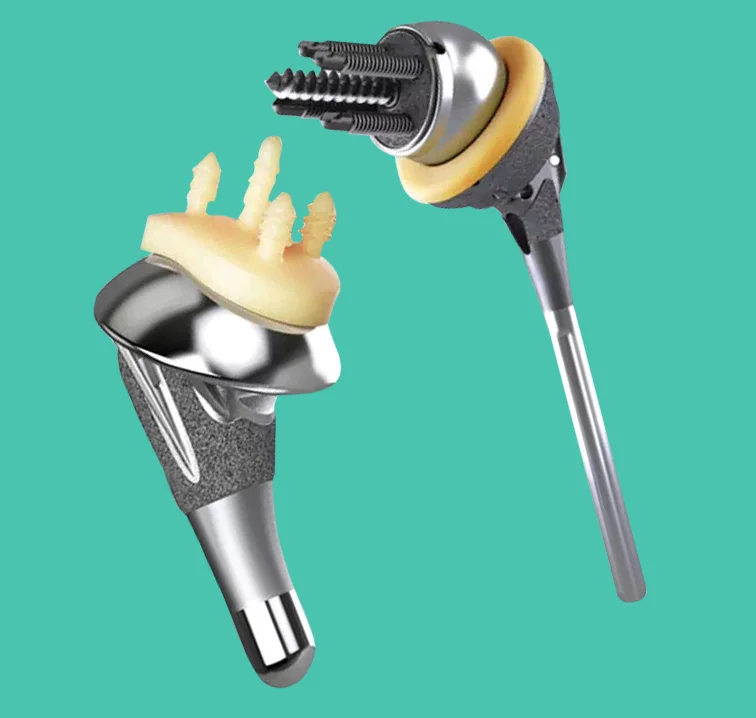Finding the right acupuncturist can be overwhelming, especially if you’re new to this traditional healing practice. With so many practitioners offering different approaches, it’s helpful to choose someone who aligns with your needs. Research shows that patient satisfaction often depends on the practitioner’s qualifications and the relationship they build with patients. This guide outlines three key questions to help you evaluate and select the right acupuncturist for your healthcare goals.
1. What is Your Training Background?
Understanding the educational background and credentials of an acupuncturist is key to making an informed decision. Licensed acupuncturists undergo extensive training, combining theoretical study with hands-on clinical experience. This foundation prepares them to provide safe and effective care.
Most states require acupuncturists to be certified. This certification signifies that they’ve met standardized education requirements and passed rigorous exams. Many also complete continuing education to maintain their licenses and stay updated on best practices.
When choosing a practitioner, ask about their training, certifications, and areas of expertise. Some acupuncturists specialize in fields like fertility, pain management, or pediatrics. Aligning their knowledge with your specific health needs can help you find the right fit for your care.
2. What Is Your Treatment Approach?
Different acupuncturists may employ varying techniques, even when addressing similar health concerns. Some practitioners integrate traditional Chinese medicine principles with modern medical understanding, while others may focus primarily on one approach or the other.
During your initial consultation or phone conversation, pay attention to how the acupuncturist explains their treatment methodology. A qualified practitioner should be able to describe their approach in clear, understandable terms without relying heavily on technical jargon. They should also demonstrate willingness to answer your questions and address any concerns you may have about the treatment process.
Keep in mind whether the practitioner’s communication style makes you comfortable and informed. Effective acupuncture treatment often benefits from open communication between practitioner and patient, so finding someone who listens carefully to your concerns and explains procedures clearly can contribute to a positive treatment experience.
3. How Do You Monitor Treatment Plans?
A systematic approach to treatment planning reflects a practitioner’s dedication to personalized care. When choosing an acupuncturist, ask how they assess new patients, create treatment protocols, and monitor progress over time. Experienced practitioners typically conduct detailed initial evaluations, which may include reviewing your medical history, discussing your symptoms, and performing physical assessments to understand your condition. They should clearly explain how they determine the frequency and duration of treatments based on your unique needs.
It may also be helpful to understand how the practitioner evaluates the effectiveness of treatments and adapts their approach accordingly. Regular progress assessments allow for adjustments to the treatment plan, aligning the therapy with your evolving condition. This proactive approach enhances outcomes and demonstrates the practitioner’s dedication to delivering effective, personalized care.
See and Acupuncturist Today
Choosing the right acupuncturist involves evaluating their credentials, communication style, and treatment approach. Asking three key questions can help you make an informed decision and find a practitioner who suits your healthcare needs. Schedule consultations with potential acupuncturists in your area and use these questions to help you make informed decisions. Select a practitioner who makes you comfortable.
- Private Freight Terminal: A Complete Guide for Businesses
- HMS Photovoltaik: A Complete, In-Depth Guide to Modern Solar Power Solutions
- Decreto Supremo 160: A Complete and Updated Guide
- Dentiloquent: A Complete Professional Guide
- Närkes Elektriska: Your Trusted Partner in Electrical Services in Örebro, Sweden





